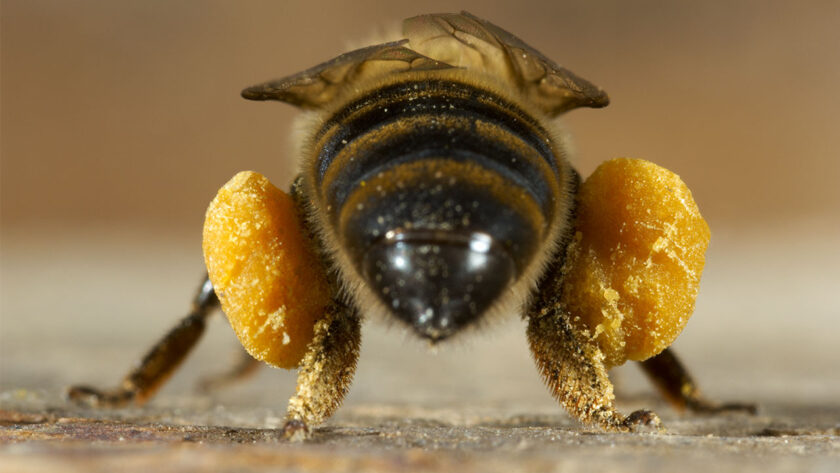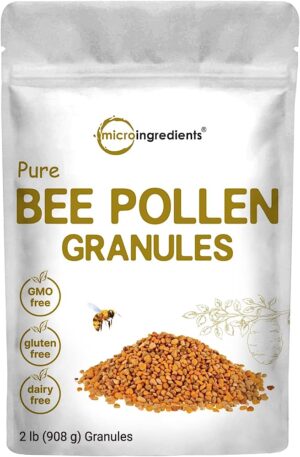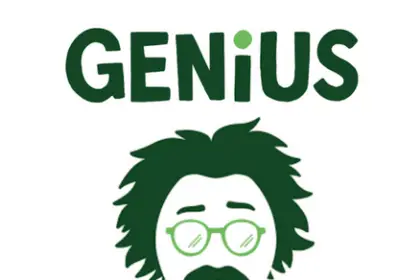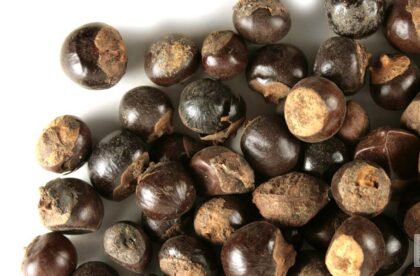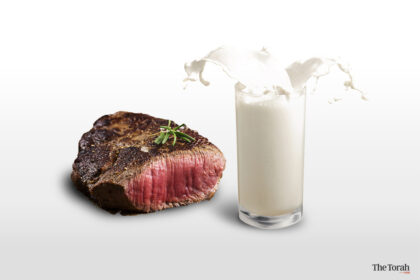In the quest for survival, humans have explored numerous food sources over millennia, relying on a diverse array of nutrients to meet their nutrition needs. From plant-based diets to animal-derived proteins, the human diet has evolved significantly to adapt to different environments and circumstances.
However, what if we told you that there exists a single natural food that has the potential to sustain human life entirely, providing all the essential nutrients required for survival?
Beyond honey, which is often celebrated for its sweetness and medicinal properties, bees offer another extraordinary gift that few might be aware of. This hidden gem is more than just a delicacy; it possesses the power to sustain human life as the sole source of nutrition.
While water and fiber are well-known necessities for our survival, this particular food holds a wealth of essential elements that can potentially fulfill all our nutritional requirements, and thankfully, it doesn’t hurt the bees at all!
Whether you’re an avid food enthusiast or simply curious about the mysteries of nature’s offerings, this article promises to be a compelling and eye-opening revelation that will leave you buzzing with excitement!
What Is This Amazing Survival Food Source?
The astonishing food source that can sustain humans as their sole nutrition comes from the humble yet industrious honeybee – it is none other than “bee pollen.” Often referred to as nature’s perfect food, bee pollen is a collection of tiny, golden granules meticulously gathered by worker bees from the male parts of flowers.
This incredible substance is then transported back to the hive, where it serves as a vital component of the bees’ diet, providing them with the nourishment they need to thrive.
Bee pollen’s composition is nothing short of remarkable. It is a nutritional powerhouse, encompassing an impressive spectrum of essential nutrients, including proteins, amino acids, vitamins, minerals, enzymes, and antioxidants.
In fact, bee pollen contains all 22 amino acids, making it a complete protein source – a rarity among plant-based foods.
Proteins are the building blocks of life, crucial for maintaining and repairing tissues, synthesizing enzymes and hormones, and supporting the immune system. With bee pollen offering such a comprehensive range of amino acids, it holds a significant advantage over most other plant-based protein sources that typically lack one or more essential amino acids.
Moreover, this golden elixir is packed with an array of vitamins, particularly the B-vitamin complex (B1, B2, B3, B5, B6, B7, B9, and B12), as well as vitamins A, C, D, and E. These vitamins play pivotal roles in various bodily functions, including energy metabolism, immune function, vision, and skin health.
Bee pollen also boasts a wealth of essential minerals like calcium, magnesium, potassium, zinc, iron, and selenium, which are vital for maintaining bone health, nerve function, and overall well-being.
Another remarkable aspect of bee pollen is its rich antioxidant content. Antioxidants help combat oxidative stress, reducing the damage caused by free radicals in the body. This, in turn, can contribute to a decreased risk of chronic diseases and aging-related issues.
Bee pollen’s nutritional profile is undeniably impressive and remains a fascinating subject of research and exploration. Its unique nutritional profile continues to intrigue scientists, who are exploring its potential applications in various health-related fields.
How Is Bee Pollen Created?
Bee pollen is collected by worker bees during their foraging trips. They gather pollen from flowers using specialized structures on their hind legs called pollen baskets. The collected pollen is moistened and compacted into these baskets, and then carried back to the hive. Once back at the hive, the pollen is stored in designated cells, where it undergoes fermentation and is sealed with beeswax. Beekeepers can also collect pollen using non-invasive traps.
How Do You Choose The Best Quality Bee Pollen
Micro Ingredients offers freshly harvested bee pollen granules that are unadulterated and provide a raw sweet flavor. A natural superfood that retains biologically active nutrients, including protein, carbs, fats, vitamins, minerals, amino acids, and more.
Click Here To Learn More About Micro Ingredients Bee Pollen
Micro Ingredients is a premium non-GMO granulated bee pollen nutritional supplement. Made without soy, dairy, gluten, fillers, preservatives, flavors, and tree nuts. Ingredients must pass our 3rd party lab tests to ensure a product that is safe, pure, and potent.
How Do I Eat Bee Pollen
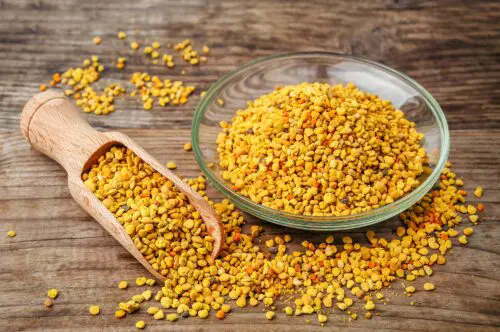
Incorporating bee pollen into your diet is easy and can add a burst of nutritional goodness to your meals. It can be a great additive for smoothies, yogurt, tea, oatmeal, or any of your favorite recipes. Here are a couple of simple and delicious ways to enjoy this superfood:
- Smoothie Booster: Add a nutritious twist to your morning smoothie by sprinkling a teaspoon of bee pollen on top. Its slightly sweet and floral taste pairs well with fruits like bananas, berries, and mangoes. Blend your favorite fruits with Greek yogurt or plant-based milk, a drizzle of honey, and a dash of bee pollen for a wholesome and energizing start to your day.
- Nutty Honey Power Bites: Create your own nutritious and energizing power bites with bee pollen. In a mixing bowl, combine nut butter (almond, peanut, or cashew), rolled oats, chia seeds, a generous drizzle of honey, and a tablespoon of bee pollen. Mix well and form small bite-sized balls. Refrigerate for an hour until firm, and enjoy these tasty, nutrient-packed treats on-the-go or as a post-workout snack.
Remember to start with small quantities of bee pollen and gradually increase your intake to ensure your body tolerates it well. As with any new food, it’s a good idea to consult with a healthcare professional, especially if you have pollen allergies or any concerns about incorporating bee pollen into your diet. Enjoy the benefits of this incredible natural food source and let it be a delightful addition to your culinary adventures!
In conclusion, bee pollen stands as a true marvel of nature, boasting a remarkable combination of essential nutrients that could theoretically sustain human life as the sole source of nutrition. Understanding its incredible nutritional value sheds light on the extraordinary wonders that nature has to offer. As we continue to unravel the mysteries of this remarkable gift from bees, we gain deeper insights into the intricate relationship between humans and the natural world around us.
